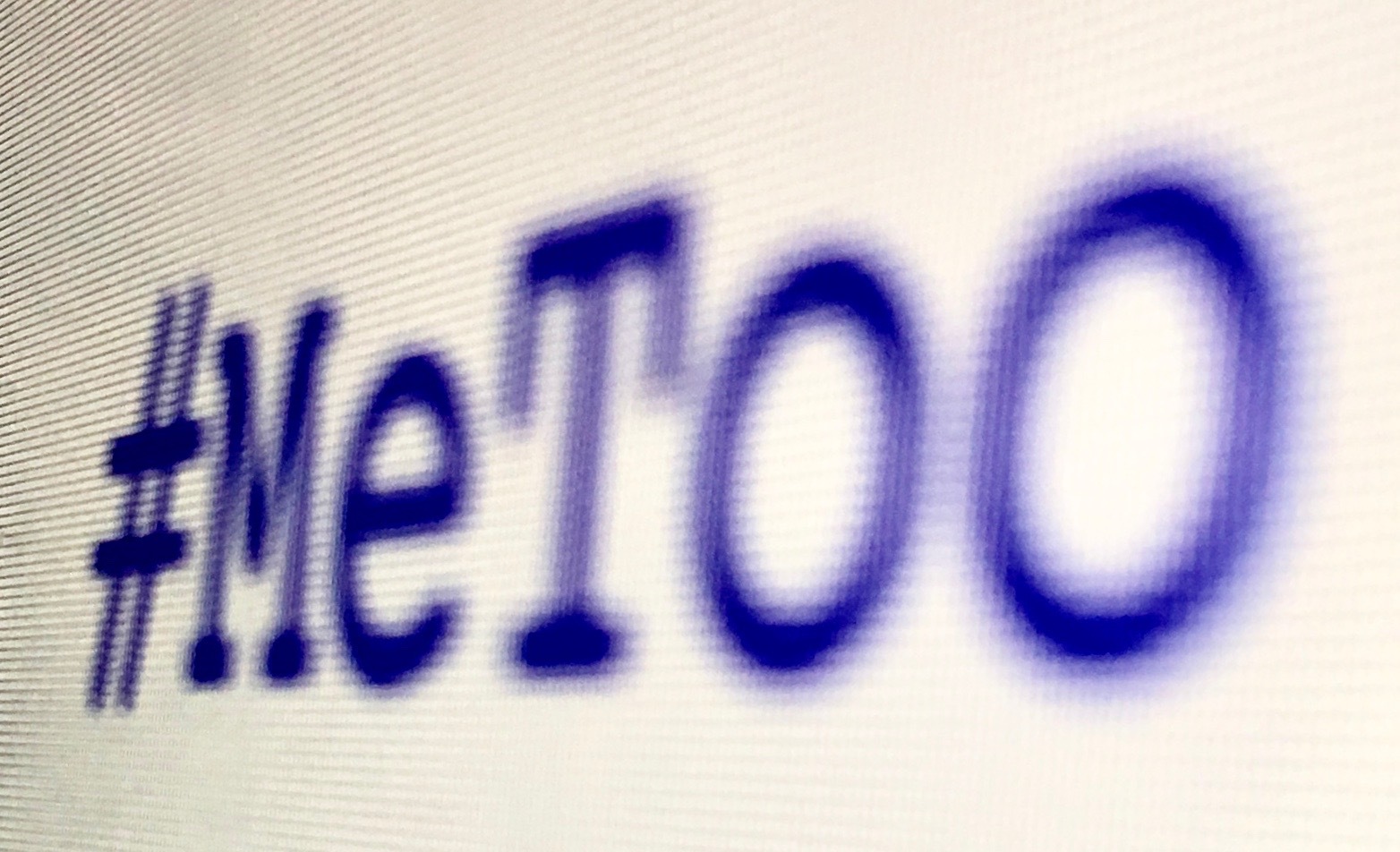The role men must play in #MeToo

The last few months of 2017 revealed just how frequently high-profile men sexually harass, assault, and abuse women around them. A number of men tumbled from their positions of power in a range of industries after women spoke out about their alleged misconduct. Hollywood hard hitters like Harvey Weinstein and Louis C.K. were accused, as were politicians like Al Franken and Alabama senate candidate Roy Moore — against whom eight women made allegations of sexual misconduct, six of whom claimed that he acted when they were underage.
But while many praised the fact that this phenomenon of abuse was finally being “brought to light,” it was arguably a surprise only to men: women already knew this was happening. Men, on the other hand, were only surprised because they had not previously been forced to confront the ways in which women’s lives are so frequently tinged with the feeling that they must defend themselves against men’s tendencies to sexualize them.
Men are socialized to view women as sexual beings from a young age. Take, for example, the many stories about female high school students who have been sent home or even suspended because they violated some egregious dress-code. The subtext of these codes, of course, is how “distracting” young women’s sexuality is to their male counterparts. Trying to drape a hoodie over every visible female shoulder in a school, however, doesn’t address the bigger issue that we dissect women’s bodies into sexualized parts based on the assumption that men lack any inhibition. It should go without saying that women’s bodies are no more inherently sexual than men’s, and especially that the parts targeted by dress codes — collar bones, shoulders — aren’t inherently sexual either. Anything from a visible bra strap, to shorts, to an exposed midriff in a crop top carries some indication of sexuality in our culture because we’ve sexualized women’s very presence.
It’s this tendency to sexualize women that leads us to in turn ask them to answer for the crimes, atrocities, and transgressions done unto them. Women are made to feel at fault for failing to defend themselves against such acts, whereas men are generally not held accountable for causing those acts in the first place. Take how many people framed the teen girls who accused Moore of predatory behavior as essentially courting their own harassment, excusing Moore by saying things like a girl in question “could pass for 20.” And let’s not forget former Trump advisor Sebastian Gorka’s tweet in mid-October that stated that disgraced producer Harvey Weinstein should have abided by the “Pence Rule” — meaning that he, and all men, should never be alone with a woman aside from their wife so as to avoid any problems, including, but not exclusive to, accusations of sexual abuse. The assumptions at work here are that men cannot control themselves, that women are always at potential risk of corrupting men, and that women’s very existence is less valuable than the potential risk a man runs of sexual corruption by being in her presence — notions that all insult men and are dangerous for women.
But even when men recognize that women are not only sexual, they often still fail to see them as independent beings with agency. Take the ignorant yet common response men make about gendered violence. They care, they say, because they are “a father of daughters” or are somehow otherwise related to women. One could just as easily say they care “as a breathing person,” instead of “as a father of daughters,” since neither identification offers more qualification for respecting someone than the other. These men presume that they must have a direct relationship with a woman to see them as anything other than an object, and at that point must muster whatever moral and ethical energy they still possess to clumsily grapple with the reality that women are more than eye candy for them, more than their temptation, more than fodder for “locker room talk.”
In order to relieve women of the infliction of the male gaze, and the harm that so frequently follows, men have to recognize the ways in which they impose constant unwanted sexual attention — and stop doing so. Men need to tenderly, sensitively, humbly restructure the way we interact with women. We need to start believing women and stop trying to unpack accounts of sexual misconduct as though they are an imposition on those accused instead of abuses transgressed against women.
Just as importantly, men need to hold other men accountable by changing the way we interact with those who have not restructured their interactions with women. Beyond holding them accountable, we also need to raise the bar for general conduct and cease patting men on the back for simply not being horrible. It’s important that men not merely sing the praises of women who are turning societal tides, but also recognize that the #MeToo movement was in direct response to our actions.
More articles by Category: Feminism
More articles by Tag: Activism and advocacy, Rape, Sexualized violence, #MeToo


























